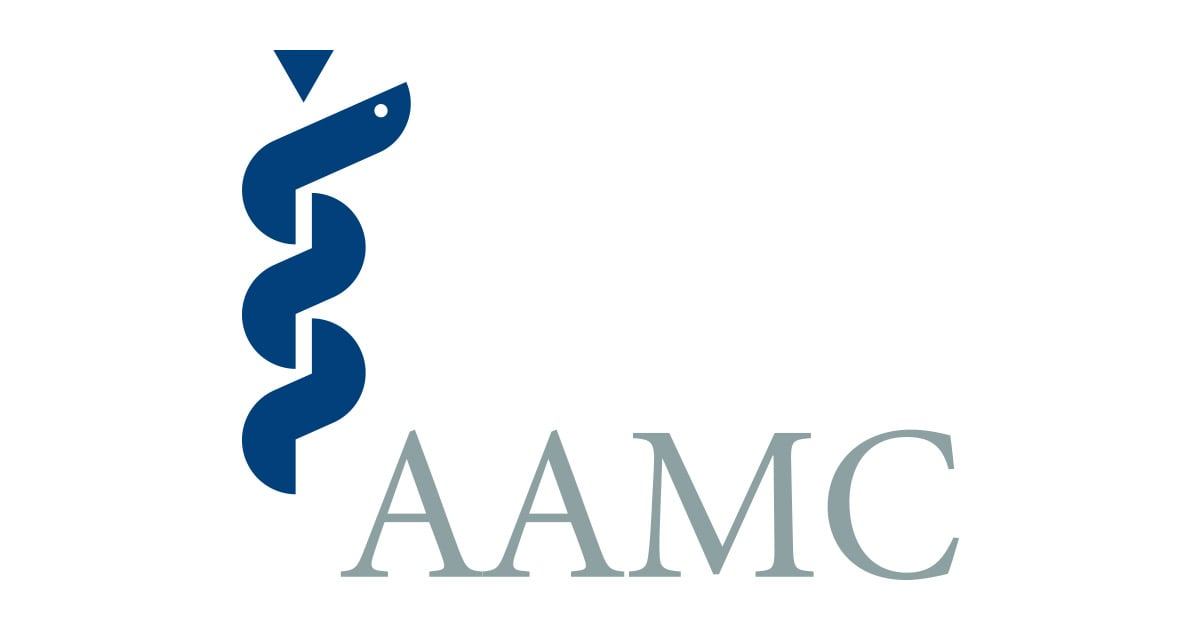The decline in matriculants from minority communities is dramatic and will eventually, over years, affect access to medical care in those communities.
Black matriculants-1,627 of which 1,300 matriculated to non HBCU schools. 7% of matriculants versus 14% of the population.
2124 matriculated in 2021 so a 23% decline.
Hispanic matriculants- 1,357 of which 1,000 matriculated to schools on the mainland (excluding Puerto Rico). 6% of matriculants versus 19% of the population. 1,575 matriculated in 2021 so a 14% decline.
38,600 1st time applicants. There are also an estimated 5,000+ 1st time applicants to DO schools that do not apply to MD schools so an estimated 44,000 1st time applicants for both MD and DO schools.
There were 23,156 1st year matriculants to MD schools and almost 10,000 to DO schools. Approximately 33,000 total so the chances for a 1st time applicant to eventually matriculate to a MD school or DO school is 75%. There are another 8 MD schools applying for accreditation and at least that many for DO schools. By the end of this decade the eventual acceptance rate for 1st time applicants will be 80%. Will the quality of medical students decline also ?

 www.aamc.org
www.aamc.org



